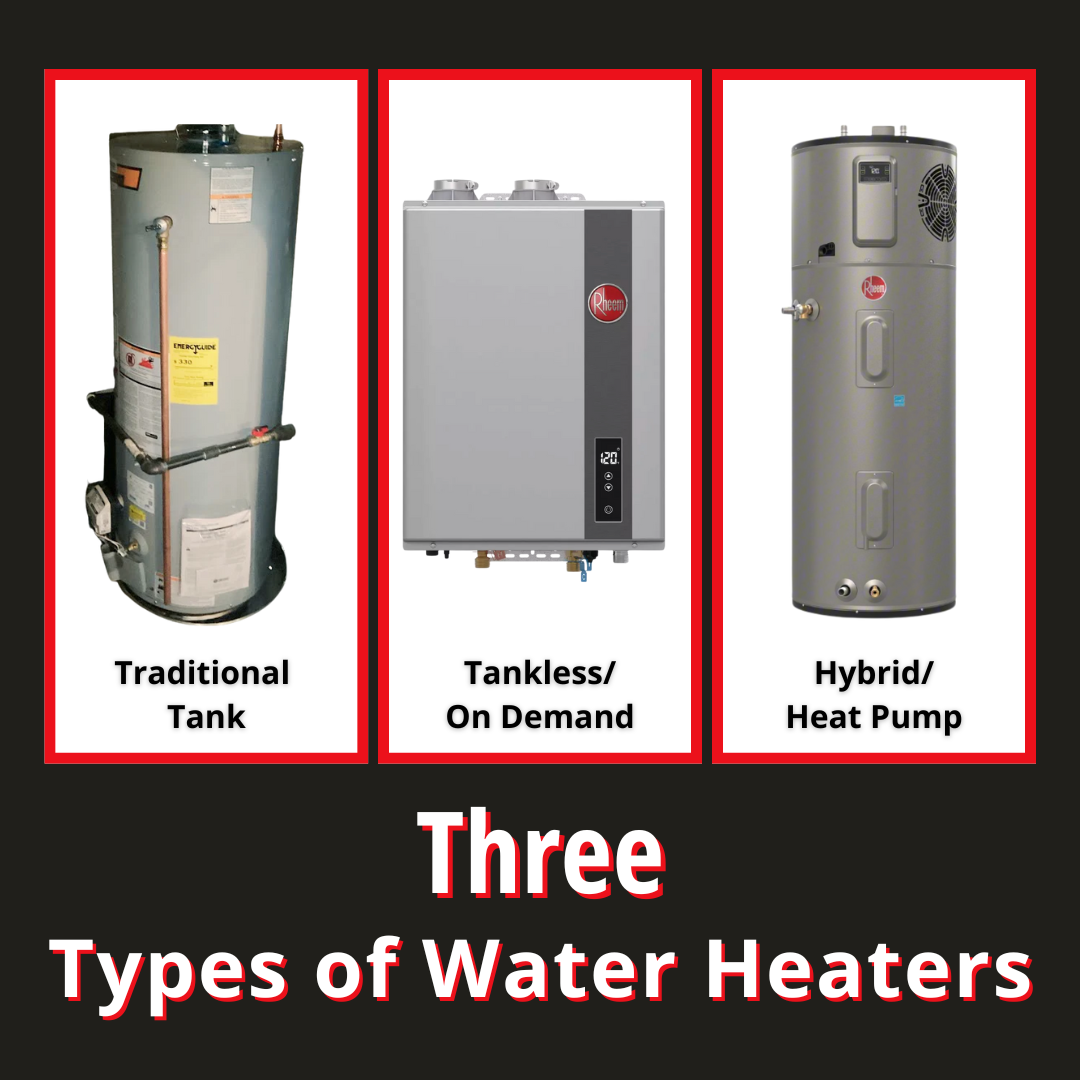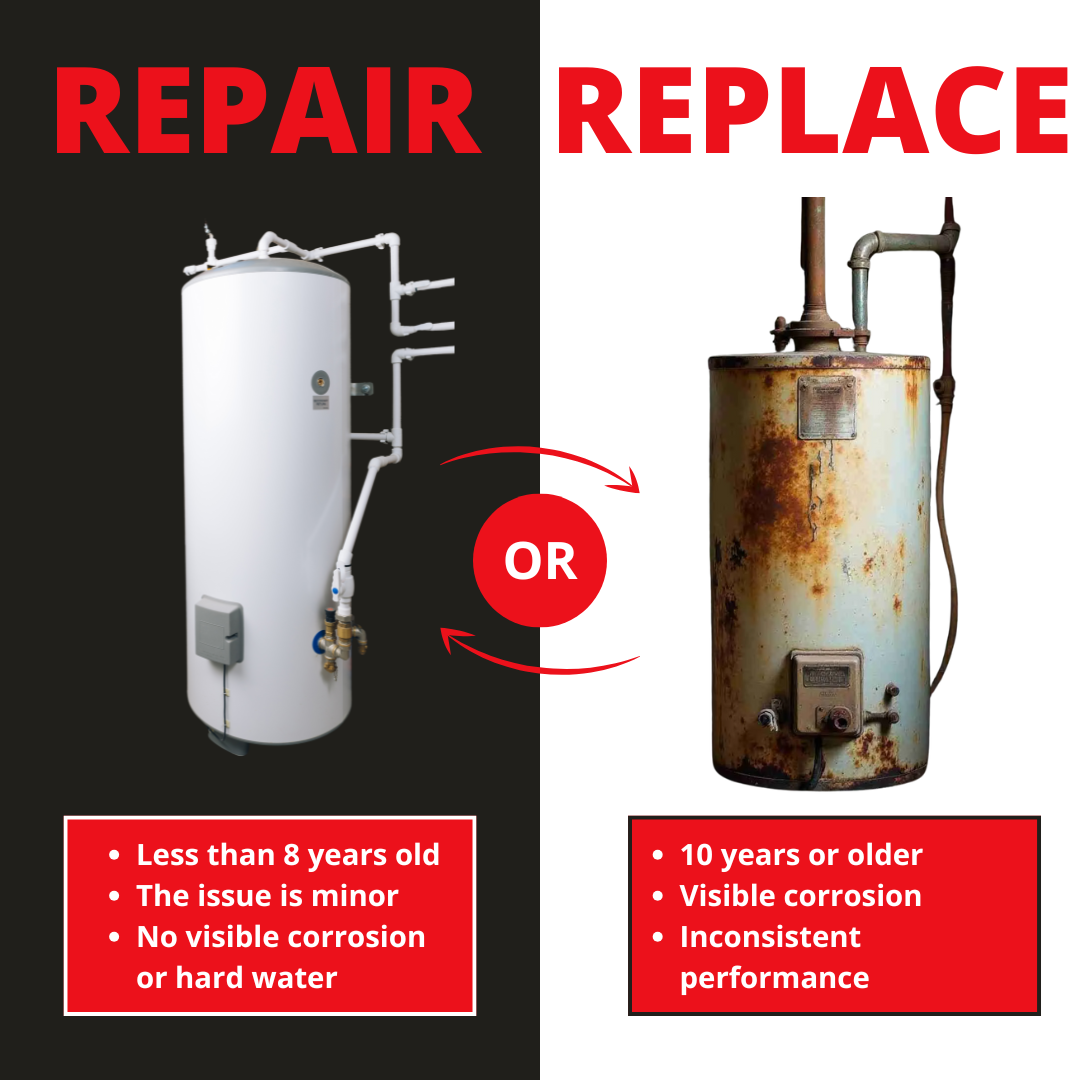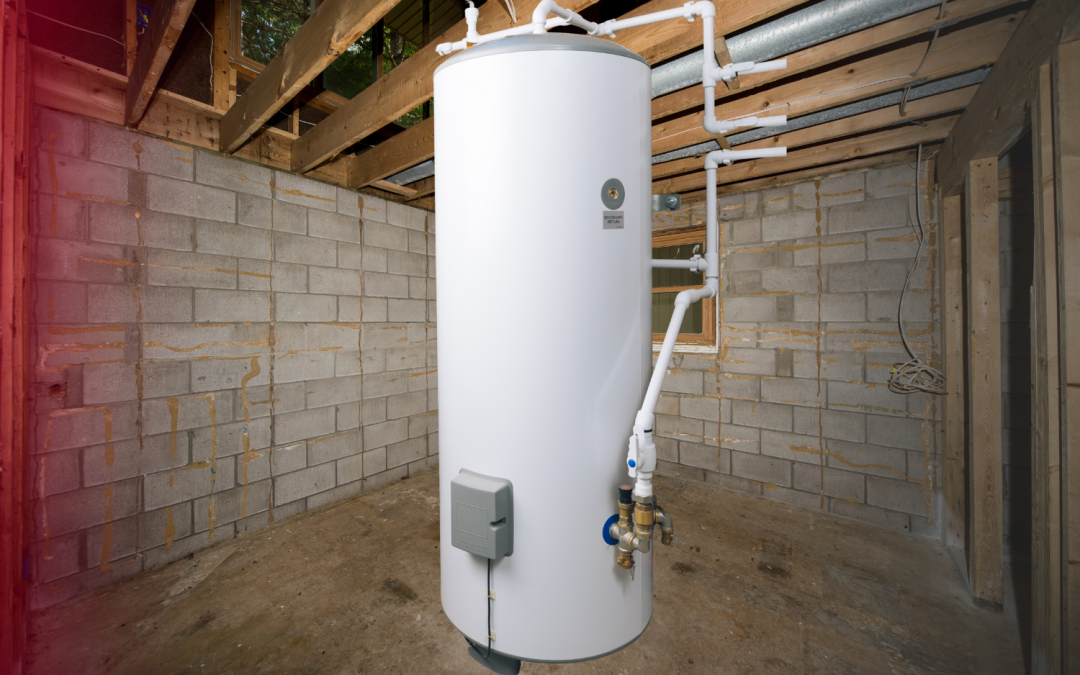If you’ve ever stepped into an unexpected cold shower, you already know how important your water heater is. In many homes, where reliable hot water and energy efficiency are part of everyday comfort, understanding how long water heaters last helps homeowners plan and avoid costly surprises.
Atlanta’s climate is humid, warm, and known for its mineral-rich water, which plays a major role in water heater performance and longevity. That’s why knowing what to expect, when to schedule inspections, and how to extend the life of your system is key.
At Harmony Inspection Services, we’ve seen firsthand how maintenance, environment, and installation quality affect how long water heaters last. Let’s break it down clearly so you can protect one of your home’s most used appliances.
Average Lifespan of Water Heaters
Most water heaters last between 8 and 12 years, but that range depends on the type of system you have, how often it’s used, and how well it’s maintained. Below is a helpful chart comparing the most common water heater types found in Atlanta homes.
|
Type of Water Heater |
Average Lifespan |
Details |
|
Traditional Tank (Gas/Electric) |
8–12 years |
The most common type in Atlanta homes stores heat water in a tank. Sediment buildup can shorten its lifespan if not flushed annually. |
|
Tankless (On-Demand) |
15–20 years |
Heats water only as needed, which reduces corrosion and extends life. Requires descaling in areas with hard water. |
|
Hybrid/Heat Pump |
10–15 years |
Uses ambient air to heat water efficiently, but needs consistent airflow and proper installation to perform well in humid conditions. |
Tankless water heaters generally last the longest since they don’t hold standing water, which prevents rust and internal corrosion. However, in Atlanta’s mineral-heavy water, tankless units still need descaling every few years to maintain peak performance.
Traditional tank heaters are dependable but require more maintenance, especially if installed in humid areas like basements or garages. Regular flushing and professional inspections help offset these environmental challenges and extend lifespan.

What Affects How Long Water Heaters Last?
Not all water heaters age the same way. Several factors can significantly affect performance and lifespan.
1. Hard Water and Sediment Buildup
Municipal water is known for its mineral content. These minerals settle at the bottom of a water heater tank, forming sediment that creates hard water and reduces efficiency, and causes overheating. Over time, this buildup can damage heating elements and create strange noises during operation.
2. Climate and Humidity
A humid climate creates ideal conditions for exterior corrosion, especially for water heaters installed in unconditioned areas like garages, attics, or crawl spaces. Rust can develop faster here than in drier regions, making routine inspections even more important.
3. Usage Habits
Households that use a lot of hot water naturally wear out their systems faster. Large families or homes with high water demands (multiple bathrooms, laundry loads, dishwashing cycles) put extra strain on the heater, shortening its usable life.
4. Installation and Maintenance Quality
A professional installation ensures proper drainage, ventilation, and pressure control. These are all factors that impact longevity. Skipping maintenance, on the other hand, can reduce lifespan by several years.
5. Age and Water Quality
Older systems gradually lose efficiency. Combined with hard water, this natural wear can accelerate the need for replacement.
Action Tip: Schedule annual inspections with a trusted local company like Harmony Inspection Services to catch leaks, corrosion, or mineral buildup early.
How to Tell If Your Water Heater Is Failing
Your water heater rarely fails without warning. Knowing what signs to look for can save you from a cold shower or worse, water damage.
Common Warning Signs:
- Rust-colored or cloudy water: This can mean internal corrosion or rusting inside your tank or pipes.
- Fluctuating temperatures: Hot water that runs cold too quickly often points to failing heating elements.
- Popping or rumbling noises: These sounds typically come from hardened sediment at the bottom of the tank.
- Moisture or leaks: Even small leaks around the base are signs of wear or pressure issues.
- System age over 10 years: If your water heater is approaching its expected lifespan, small issues can quickly become major ones.
In humid cities like Atlanta, these signs may appear sooner because of added environmental stress. If you notice one or more of these problems, it’s time to schedule an inspection or service call before the system fails.
How to Make Your Water Heater Last Longer
With a little care, you can add years to your water heater’s life. Consistent upkeep prevents breakdowns, improves energy efficiency, and protects your investment.
Ways to Extend Lifespan:
- Flush the tank annually: This removes sediment buildup and prevents corrosion.
- Check the anode rod every 2–3 years: This metal rod attracts rust before it reaches your tank. Replacing it is simple and inexpensive.
- Keep the thermostat at 120°F: Prevents overheating and saves on energy costs.
- Insulate your tank and pipes: Especially in cooler months, insulation reduces strain and heat loss.
- Schedule regular inspections: A professional inspection once a year helps identify leaks or pressure issues early.
In Atlanta, where humidity and mineral deposits are common, flushing your water heater should be a top priority. It’s one of the simplest, most effective ways to keep your system efficient and long-lasting.
Cost Insight: Maintenance typically costs under $200 per year, while replacing a failed unit can range from $880 to $1,800. This is a major incentive to stay proactive.
Repair or Replace: Which Is Right for You?
When your water heater starts to fail, you’ll need to decide whether to repair or replace it. The right choice depends on the unit’s age, the issue’s severity, and repair costs.
When to Repair:
- Your water heater is less than 8 years old.
- The issue is minor, like the thermostat, pressure valve, or heating element is broken.
- There’s no visible corrosion or serious sediment buildup.
When to Replace:
- Your unit is 10 years or older.
- You see rust, leaks, or cracks in the tank.
- You’ve had frequent breakdowns or inconsistent performance.
- Your energy bills are increasing without explanation.
Pro Tip: If your current water heater is older, upgrading to a tankless or hybrid model can provide better energy efficiency and longevity, especially important for homeowners in Atlanta, where utility costs and humidity both impact performance.
Harmony Inspection Services helps homeowners assess water heater condition during home inspections. Our reports clearly outline age, wear, safety concerns, and recommendations so you can make informed decisions confidently.

Cost and Energy Efficiency
Energy efficiency matters just as much as lifespan. An aging or inefficient water heater can silently drive up your monthly utility bills.
Here’s what homeowners should know about energy and cost:
- Older models lose efficiency over time. Sediment buildup makes the system work harder, using more energy for the same results.
- Energy-efficient upgrades save money. Newer Energy Star-rated heaters can lower water heating costs by up to 20%.
- Tankless heaters are more efficient. They heat water only when needed, reducing energy waste and providing endless hot water.
- Proper insulation helps year-round. Adding insulation around your water heater and hot water pipes helps maintain temperature, which is particularly beneficial during cooler months.
- Water quality impacts energy use. Hard water forces heating elements to work harder; installing a water softener can improve both efficiency and lifespan.
- Location plays a role. Placing your heater in a well-ventilated area, protected from high humidity, helps prevent corrosion and rust.
If you’ve noticed higher utility bills or slower heating times, your water heater may be losing efficiency. A professional inspection can confirm whether repair, cleaning, or replacement is the best next step.
When to Call a Professional
While basic maintenance can be done at home, certain issues require expert attention. A certified inspector or plumber can identify problems that might not be visible to homeowners.
A professional can:
- Test your water heater’s performance and pressure levels.
- Inspect for leaks, rust, or gas line issues.
- Evaluate safety features like the pressure relief valve.
- Recommend whether repairs or replacement will be more cost-effective.
Harmony Inspection Services provides comprehensive evaluations for water heaters as part of our home inspection process. Our team understands Atlanta’s unique environmental challenges and provides clear, trustworthy advice so homeowners can act with confidence.
Related Questions
What type of water heater lasts the longest?
Tankless systems generally last the longest, up to 20 years, with proper maintenance, care, and descaling.
How often should I have my water heater inspected?
Once per year is ideal. Annual inspections detect leaks, corrosion, and performance issues before they escalate.
Does Atlanta’s hard water affect my water heater?
Yes. Hard water leads to faster sediment buildup, reducing both efficiency and lifespan. Flushing and draining your tank regularly helps combat this issue.
Should I switch from a tank to a tankless water heater?
If you’re seeking energy efficiency, lower long-term costs, and endless hot water, a tankless system is an excellent upgrade for Atlanta homes.
Conclusion
A dependable water heater is key to comfort in any home, and homeowners face unique challenges due to local water quality and humidity. While most systems last around a decade, simple maintenance, annual inspections, and smart upgrades can extend that lifespan and save you hundreds each year.
At Harmony Inspection Services, we’re committed to helping homeowners understand the true condition of their systems. Whether you’re buying a new home or maintaining your current one, our detailed inspections provide the insight you need to make informed, confident decisions.

